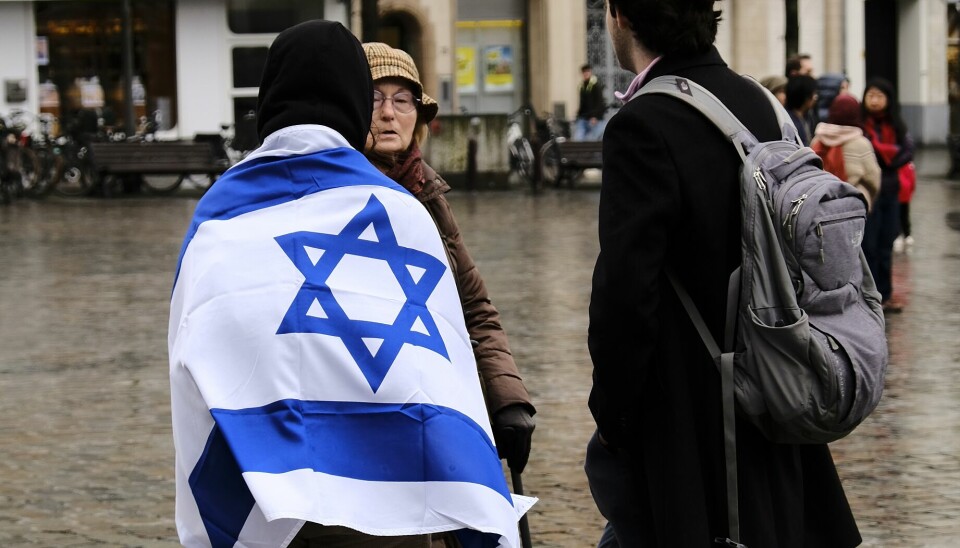GUEST OPINION ISRAEL-PALESTINA
As a Jewish student, I am also being dehumanized

During the latest protest in which KU Leuven students and staff demanded that the University breaks its research ties with Israeli partners, I was present as the only Jewish student and counter-protester.
During the latest protest in which KU Leuven students and staff demanded that the University breaks its research ties with Israeli partners, I was present as the only Jewish student and counter-protester.
The call for a boycott, which essentially promotes a complete exclusion of Israeli partners, stands in radical opposition to academic values of mutual understanding and debate. As such, they indiscriminately harm all parties involved. Moreover, they impede cooperation in essential areas of science, such as agriculture, medicine and technology.
Mutual humanisation is essential. Slogans such as 'shame on you for supporting Israel' are counterproductive/have the opposite effect by detracting from the humanity of everyone involved.
The great diversity in ethnicities, religions, opinions, and history that composes Israel is often overlooked
A thorough understanding of this conflict requires continued engagement and open dialogue, not isolation. By thinking critically and promoting open discussion and mutual humanisation, we can move past overly simplistic slogans and address the enormous complexity of the situation.
The current discourse reduces the conflict to a simplistic dichotomy, often overlooking the great diversity in ethnicities, religions, opinions, and history that composes Israel. My attempts to at least nuance accusations of 'genocide' and 'apartheid' were met with great hostility. One professor even labeled me an ‘extremist’ in an email and told me to ‘get lost’.
During the protests, I was repeatedly confronted with deep-rooted – perhaps often unintentionally – antisemitic statements such as, 'All Jews have money and rule the world', which again underlines the need for open, informed debate.
I call for open dialogue, informed debate, mutual humanisation, and understanding. Progress is only possible if we acknowledge and value multiple perspectives and have the courage to strike up difficult conversations. Let us work together for a future where dialogue and understanding thrive, within and far beyond the boundaries of our campuses.









